Whipple Museum |
|
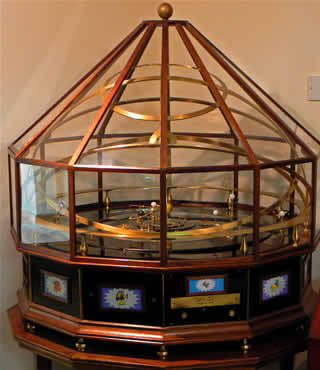 |
|||
A university museum of science and containing a collection of instruments and models spanning the centuries |
||||||
Listen to this article |
||||||
|
||||||
The Whipple Museum tells the history of science, and was founded by Robert Whipple, in 1944. In that year he donated his collection of scientific instruments to the University of Cambridge, and the museum was born. It has grown extensively since then, and now holds a vast collection of apparatus, models, prints, books and more. |
||||||
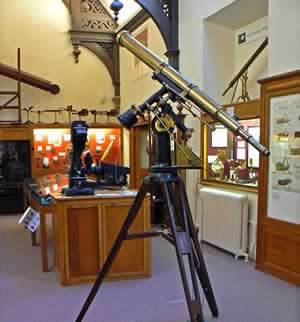 Early telescope in the museum |
||||||
|
||||||
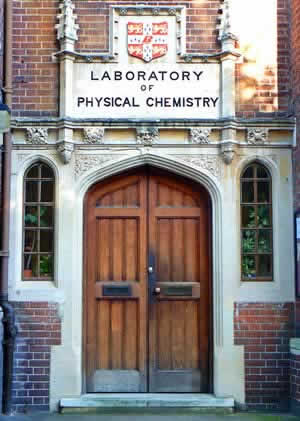 The front the Whipple Museum |
||||||
There are scientific instruments in the museum that date from medieval times to the present day. Yet the collection specializes in English made instruments from the 17th to the 19th centuries. Robert Whipple himself came to Cambridge in 1898, as a personal assistant to Horace Darwin, the youngest son of Charles Darwin. Together they worked at the Cambridge Scientific Instrument Company, and so Whipple’s interest in the apparatus and collecting began. |
||||||
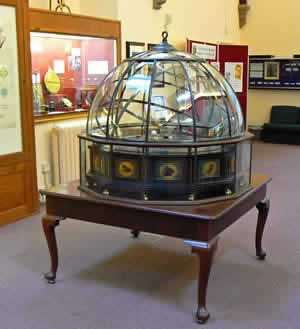 Model demonstrating the movement of planets |
||||||
The Museum is also part of the University of Cambridge’s Department of History and Philosophy of Science. One of Whipple’s great passions was that his collection would not be merely housed and looked at, but used to discover more and learn about the history of science. Students are actively encouraged to work with the objects on display in the museum, experiencing some of the practical difficulties practitioners at the time would have encountered. |
||||||
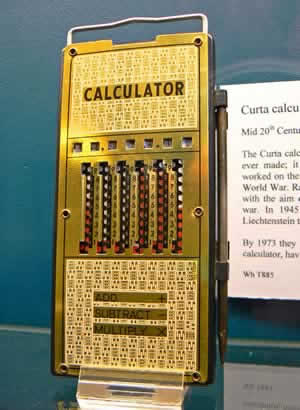 Curta Calculator from the 20th century |
||||||
In the 1970s, a library was set up for the department, including the rare books in Whipple’s collection. It contains famous works like Horologium Oscillatorium by Christiaan Huygen. This details the invention of the pendulum clock. Amongst the books is also Isaac Newton’s Principia Mathematica, where he explains his theory of gravity. |
||||||
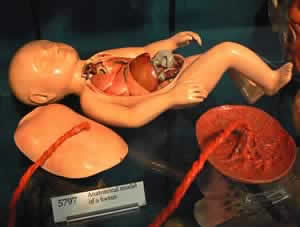 Anatomical model of a foetus |
||||||
|
||||||
The Whipple Museum is open during term time Monday to Friday 12.30pm to 4.30pm. Entrance is FREE. Tel: 01223 330 906 |
||||||
|
Pocket Britain is optimised for use on a smartphone or tablet with internet access. All content is subject to copyright. All reasonable methods have been used to ensure information supplied is accurate at the time of publication. However, it is advisable to check information before relying on it. Privacy Policy |